Understanding Home Inspections in Gainesville GA What’s Normal vs What’s a Red Flag for Buyers and Sellers
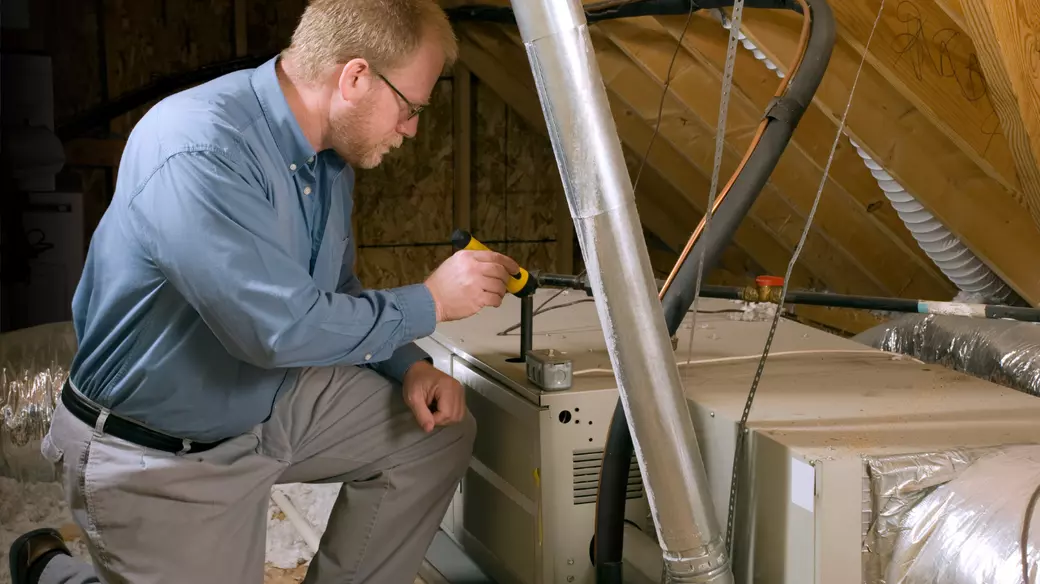
Understanding What Really Matters on a Gainesville GA Home Inspection
With over 20 years of hands-on experience in new construction and remodeling, I’ve seen just about everything a home inspection report can throw at a buyer or seller — the good, the bad, and the completely blown out of proportion. And if there’s one thing I’ve learned over two decades in this business, it’s that most of what shows up in a Gainesville, GA home inspection isn’t as scary as it sounds.
Whether I was walking job sites during foundation pours, remodeling kitchens from the studs up, or now guiding families through their next chapter in real estate, I’ve seen how confusing these reports can be — especially for first-time buyers and sellers who aren't sure what’s normal. In Hall County, we deal with everything from crawlspaces and clay soil to aging HVACs and homes built long before building codes were standardized. That’s why it’s important to have someone in your corner who can explain what’s just part of homeownership — and what might be a red flag worth negotiating over.
In this post, I’ll walk you through the difference between common findings and serious issues on a home inspection report in Gainesville, Georgia. Whether you’re preparing to list or getting ready to write an offer, you’ll walk away with real, local insight — not just vague advice from a generic checklist.
What Is a Home Inspection and Why Does It Matter?
A home inspection is a non-invasive, visual evaluation of a home’s major systems and structure — including the roof, foundation, electrical, plumbing, HVAC, and more. It’s not a code compliance check, and it doesn’t guarantee perfection. What it does offer is peace of mind — or a chance to renegotiate if something serious is uncovered.
In Gainesville and the surrounding Hall County area, many homes are 20+ years old, and others sit on sloped lots, have crawlspaces instead of basements, or feature additions and updates done at different points in time. Understanding what’s common in our area helps both buyers and sellers read the report with a more informed mindset.
What’s Normal in a Gainesville Home Inspection
Here are common items that often show up on inspection reports — but don’t necessarily signal a major problem:
🔹 Minor Electrical Issues
Missing GFCI outlets, double taps in breaker boxes, or unlabeled breakers are common in older homes — and easy to correct.
🔹 Slight Grading Concerns
Shifting dirt or minor slope issues near the foundation are typical in North Georgia. Proper landscaping and drainage updates usually fix it.
🔹 Hairline Cracks or Settling
Homes in Gainesville may show small wall or driveway cracks due to age or weather patterns. These are usually cosmetic unless paired with structural movement.
🔹 Older HVAC Systems
Many homes in Hall County have HVAC units that are aging but still fully functional. It’s a budgeting concern, not necessarily a deal-breaker.
🔹 Signs of Previous Repairs
It’s not uncommon to see past leaks that have been resolved or areas where sellers addressed older problems. That’s not the same as an active issue.
What’s a Red Flag Worth Paying Attention To?
Some issues require further evaluation and could impact financing or safety:
🔸 Active Roof Leaks
If there are water stains, sagging ceilings, or visible damage, it’s worth getting a roofing contractor’s opinion right away.
🔸 Foundation Movement
Cracks wider than ¼ inch, sloping floors, or sticking doors/windows could indicate structural issues.
🔸 Mold or Excess Moisture
Mold in crawlspaces, basements, or attics is a red flag — especially during our humid summer months.
🔸 Unsafe Electrical Panels
Outdated panels like Federal Pacific or aluminum wiring are safety risks and may need full replacement.
🔸 Termite Damage
A common issue in Georgia — but if left untreated, it can lead to serious structural costs.
Buyers: How to Respond Without Overreacting
As a buyer, the inspection isn’t about getting a “perfect” house. It’s about understanding the condition so you can make smart choices. Here’s how to approach it:
-
Prioritize health, safety, and major systems.
-
Don’t sweat the cosmetic stuff — use those for future upgrades.
-
Ask for repairs through a formal repair amendment or request a seller credit toward closing costs.
-
Bring in specialists if needed (roofers, HVAC pros, etc.) for second opinions.
Sellers: How to Prepare Before the Inspector Arrives
Inspections can be less stressful when you’re ready for them. Here’s how sellers can stay ahead of the game:
-
Consider a pre-listing inspection to get ahead of major concerns.
-
Fix small, inexpensive issues in advance (drippy faucets, missing GFCIs, loose doorknobs).
-
Be transparent in your seller disclosures — buyers will appreciate it.
-
If you’ve already repaired something, provide receipts and contractor notes when possible.
Other Resources You Might Find Helpful
Here are more Gainesville-specific guides to help you navigate the process with confidence:
-
Should You Sell Your Home As-Is in Gainesville GA? Pros, Cons, and Buyer Expectations
-
How Much Do Repairs Matter? Gainesville Buyers and Sellers Break It Down
-
What Happens After You Accept an Offer on Your Gainesville Home?
- Buyers - Let's Find Where You Belong
-
Pre-Listing Inspections: Should Gainesville Sellers Do One Before Going Live?
-
How to Price a Home to Sell in Gainesville (Without Chasing the Market)
- What;s My Home Worth in Gainesville Ga?
Built on grit. Fueled by faith. Committed to home.
Want to know who’s behind these blogs? Click here to learn more about me and my mission.
Categories
- All Blogs (160)
- Aviation Real Estate in Georgia (12)
- Buying a Home in Gainesville & Hall County (32)
- Divorce & Real Estate Support in Hall County (3)
- Downsizing & Simplifying (2)
- Explore Gainesville Georgia (13)
- Faith, Grit & Life in the Foothills (3)
- Gainesville GA Real Estate Market Updates (4)
- Gainesville Georgia Google Q&A (14)
- Hall County GA School (2)
- Home Inspections Gainesville, Ga (3)
- Lake Lanier Living (6)
- Moving & Homeowner Tips for Hall County (3)
- Moving to Gainesville Georgia (7)
- Neighborhood Spotlights: Gainesville & Beyond (1)
- New Construction Homes in Hall County GA (9)
- Podcast: Live North Georgia (3)
- Real Estate Investing in Hall County GA (2)
- Schools in Hall County: What Families Need to Know (1)
- Selling Smarter the Second Time Around (6)
- Selling Your Home in Gainesville & Hall County (32)
- Trusted Local Pros & Home Services in Gainesville, GA (2)
- What's My Home Worth? (11)
Recent Posts

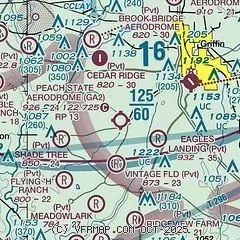


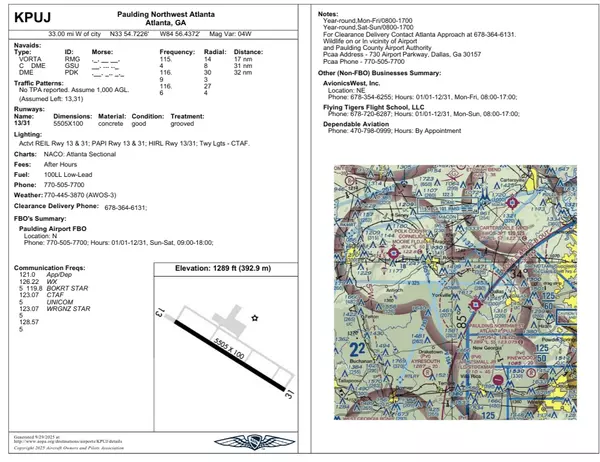
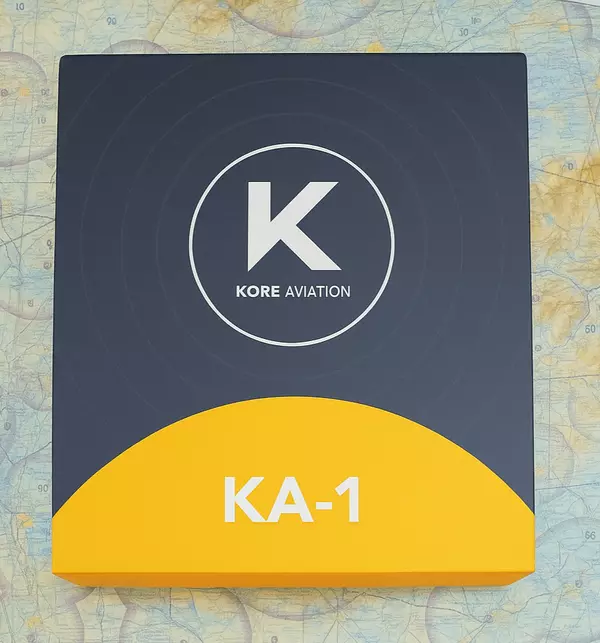

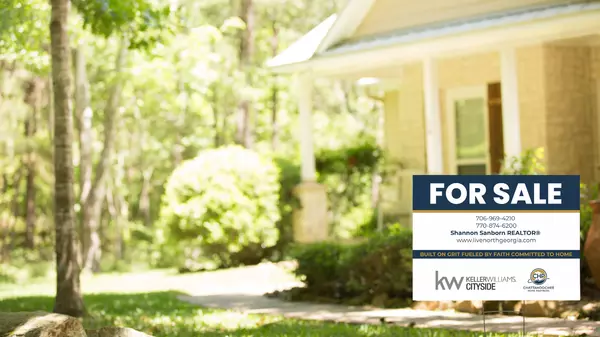


GET MORE INFORMATION

